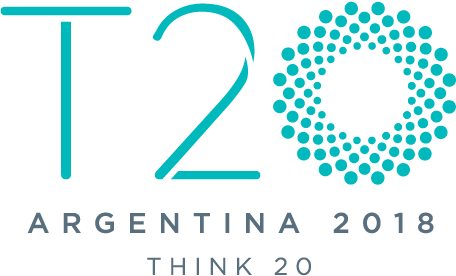During the last two decades agricultural trade has increased substantially. One consequence of this is that almost 20 percent of all calories consumed worldwide are provided by traded food. A number of emerging economies and newly developed countries are now main actors in world trade. Some countries like China, Korea and Saudi Arabia have become large net importers as a consequence of the rapid increase of consumption resulting from economic growth and a growing middle class. Others like Brazil, Argentina and Thailand have modernized their agricultures, improved the use of their ample natural resources, increased exponentially their production and are now main net exporters. The end result of these processes is that five countries (China, Korea, Japan, Russia and Saudi Arabia) are responsible for about 40% of food net imports and seven countries (Argentina, Australia, Brazil, Canada, New Zealand, Thailand and USA) account for about 55% of total food net exports. The impact of these main players on the international market stability and prices is enormous. In the context of the present difficulties to progress in multilateral trade negotiations, it is suggested that a special group composed by major food net importing and exporting countries should be formed within the WTO to promote dialogue, exchange of information and possible agreements and commitments between themselves. It is argued that it would contribute to global market stability.
Task Force: Food Security and Sustainable Agriculture
